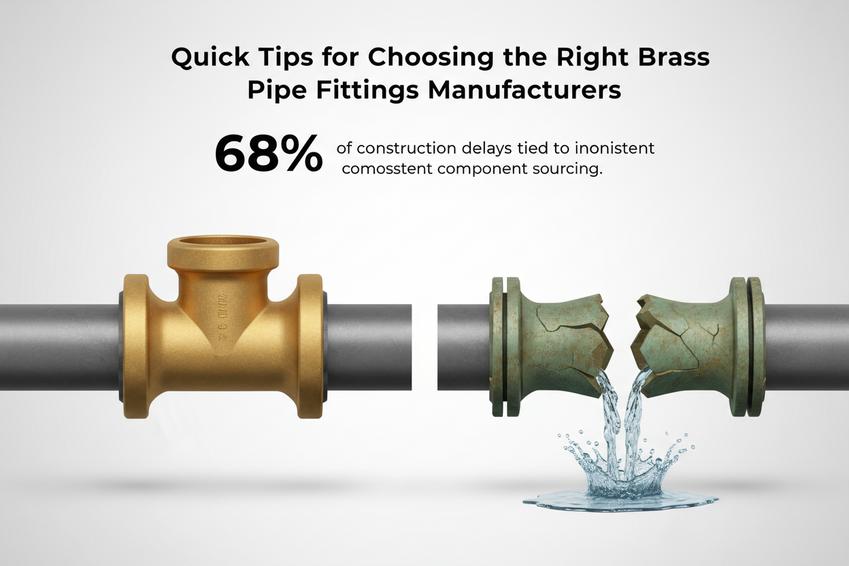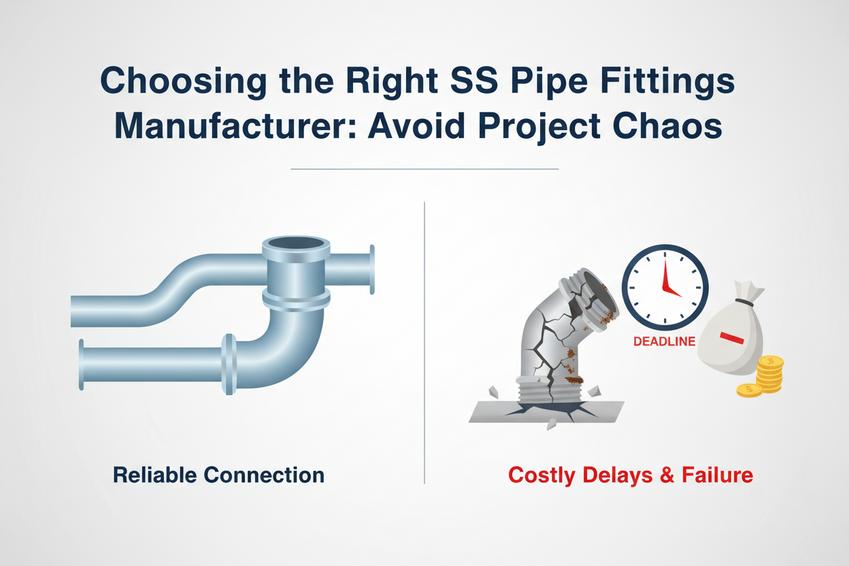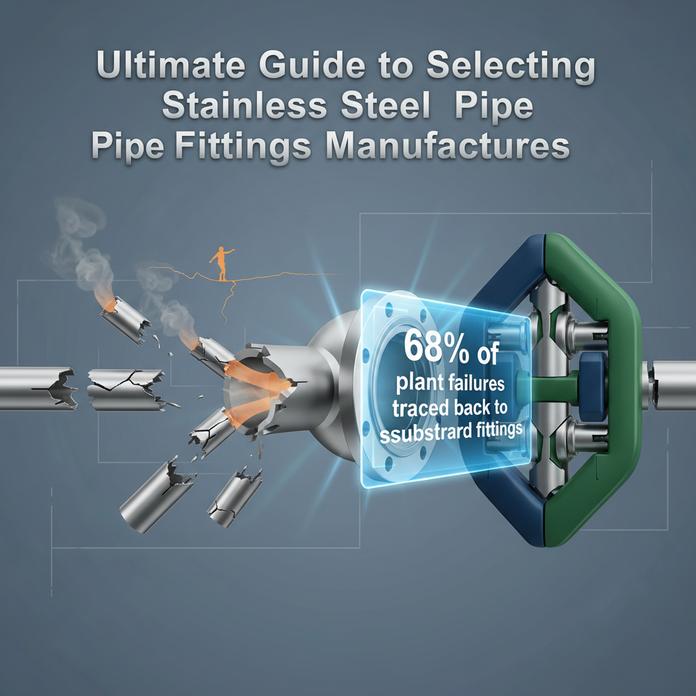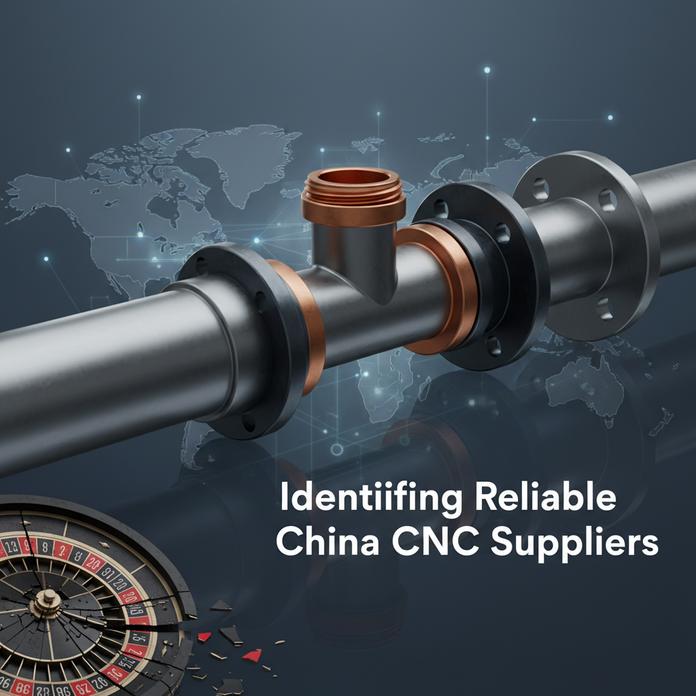When people talk about industrial piping systems — whether for water, oil, gas, HVAC, or hydraulic equipment — one phrase always comes up: pipe fitting factory. But what exactly does a pipe fitting factory do? How do these factories turn raw metal into safe, reliable fittings that run inside industrial plants, buildings, and heavy machinery?
In today’s guide, we break down the entire process in a simple and natural way, showing you how modern factories manufacture pipe fittings, control quality, and even produce custom CNC-machined components for special applications.
What Is a Pipe Fitting Factory?
A pipe fitting factory is a specialized manufacturing facility that produces components used to connect, control, or redirect flow in a piping system. These fittings include:
-
-
Elbows: Used to change the direction of flow, available in 45°, 90°, and custom angles.
-
Tees and Crosses: Allow branching of pipelines while maintaining pressure and flow efficiency.
-
Couplings: Connect two pipes of the same or different diameters.
-
Reducers: Adapt different pipe sizes while minimizing turbulence.
-
Flanges: Provide secure, bolted connections for easy assembly or maintenance.
-
Custom CNC-machined connectors: Precisely manufactured components for complex or high-precision systems.
-
Threaded adapters: Enable seamless integration between threaded and plain pipes.
-
Hose quick connectors: Facilitate fast assembly and disassembly in fluid systems.
-
Special-shape brass or stainless-steel parts: Tailored for unique applications or harsh environments.
-
Factories may focus on carbon steel, stainless steel, brass, aluminum, or even engineering plastics like PEEK or PTFE.
The goal is simple:
provide safe, accurate, and durable fittings for industrial and commercial pipelines.
Raw Materials Used in Pipe Fitting Manufacturing
Most pipe fitting factories choose materials based on pressure rating, corrosion resistance, and cost. Common materials include:
-
Seamless steel pipe
-
Welded pipe with filler material
-
Stainless steel bar stock (304 / 316 / 316L)
-
Brass rods and tubes
-
Aluminum (6061 / 6082)
-
Engineering plastics for custom parts
The choice of material directly affects the fitting’s strength and service life.
How a Pipe Fitting Factory Produces Standard Fittings
A modern factory typically follows these steps:
1. Raw Material Inspection
Each batch is checked for chemical composition, hardness, size, and surface condition.
This ensures the fittings meet industry standards from the beginning. Especially when need high strength application , like automobile , when choose the low strenght material .
It is hard to satisy the safty of people .
2. Forming Process
Depending on the product type, forming may include:
-
Hot forging
-
Cold heading/cold forging
-
Pipe bending
-
Press forming
-
CNC sawing and cutting
This step shapes the fitting before machining. A good blank way could save the cost and inspeed the cnc machinery time . For example , the elbow fitting ,
It is not suitable to choose the cold heading or pipe bending , need choose hot forging . it is fast to get the blank with final shape .
If we not get the blank shape directly , then choose the cnc milling produce the bar material . the price is high and production is slow.
3. Heat Treatment (If Required)
Heat treatment improves mechanical strength and helps the material resist cracking, pressure, and fatigue.
4. CNC Machining for Accuracy
Even standard fittings need precise machining to ensure:
-
Correct thread size
-
Smooth sealing surfaces
-
Proper tolerance
-
Uniform wall thickness
Factories now commonly use turning centers, milling machines, and turn-mill combinations.
5. Surface Treatment
Based on the application, fittings may receive:
-
Polishing
-
Electroplating
-
Zinc coating
-
Blackening
-
Nickel plating
-
Sandblasting
This improves corrosion resistance and appearance.
6. Final Quality Inspection
A reliable pipe fitting factory will test:
-
Dimensions
-
Threads
-
Pressure
-
Leakage
-
Surface finish
Only approved fittings move into packaging and shipment.
When Standard Fittings Don’t Work: CNC Custom Machining
Many industries now need non-standard pipe fittings, especially:
-
Automation machines
-
Hydraulic systems
-
Semiconductor equipment
-
Chemical and medical systems
-
Custom OEM machinery
A pipe fitting factory with in-house CNC machining can produce:
-
Special-thread connectors
-
Multi-axis turned parts
-
Brass hose quick connectors
-
Stainless steel adapters
-
Prototype fittings in small batches
This combination of traditional forming + CNC machining offers stronger flexibility and higher precision.
What Makes a Reliable Pipe Fitting Factory?
When choosing a factory, consider:
✔ Manufacturing capacity
How many forming machines, CNC centers, and inspection tools does the factory have?
✔ Material control
Is material traceability available?
✔ Quality assurance
Do they perform thread inspection, pressure testing, and surface checks?
✔ Customization capability
Can they produce drawings, samples, or non-standard fittings?
✔ Real experience
Factories with 10–30+ years of experience usually understand customer needs more clearly.
Why Global Customers Prefer Professional Pipe Fitting Factories
A good factory delivers:
-
Consistent quality
-
Fast delivery
-
Reasonable price
-
OEM/ODM support
-
Engineering guidance
-
International export standards
This makes cooperation smoother and long-term.
Conclusion
A pipe fitting factory is more than just a place that produces standard elbows or tees. Today, it is a complete engineering and manufacturing hub combining:
-
Traditional forming
-
CNC precision machining
-
Multi-material capability
-
Strict QC
-
Custom development
Whether you need standard industrial fittings or high-precision non-standard connectors, choosing the right factory ensures safety, efficiency, and long-term performance for your piping system.





